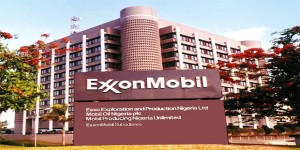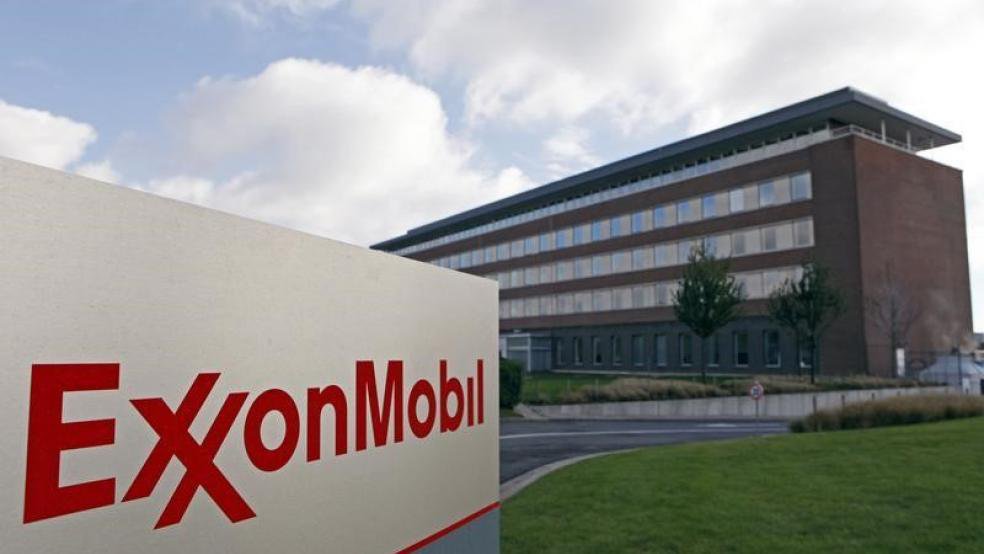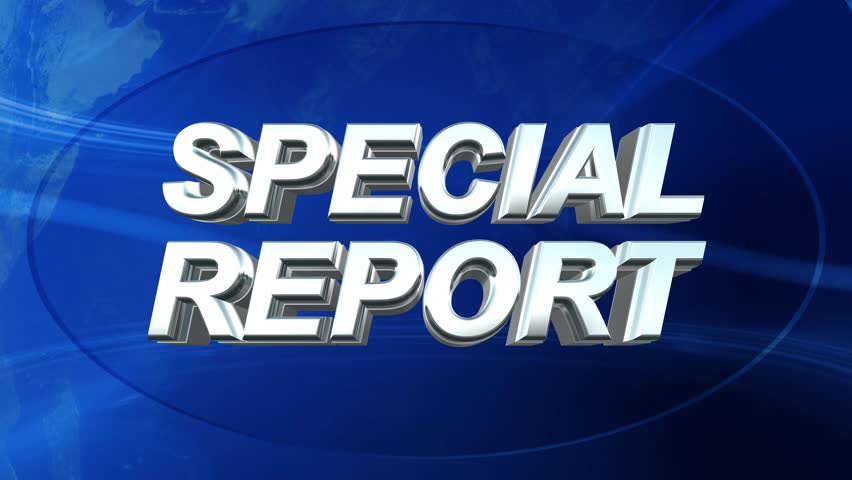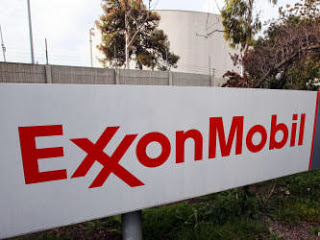The News Agency of Nigeria reports that the benefiting universities are: Akwa Ibom State University, Mkpat-Enin; Anambra State University, Uli; University of Jos and Federal University of Technology, Akure.
Others are University of Ilorin and Federal University of Petroleum Resources, Effurun, Delta.
The equipment donated are six Logitech thin section making machines, 54 petro graphic microscopes, 300 treated mosquitoes nets and 24 digital cameras.
Each of the universities also got a cheque of N5.77m to pay students’ and lecturers’ logistics.
Speaking at the event, Mr Michael Udoh, the General Manager, Operations (Technical) ExxonMobil, said the donation was an important step in the partnership the company started with Nigerian universities eight years ago.
“We commenced this partnership eight years ago in the area of geosciences education in our collective and determined quest to help advance the quality of education in Nigeria to internationally competitive levels. “Since we started the University Partnering Programme in 2007, we have donated vehicles, geosciences equipment to 14 universities to facilitate geological fieldwork training and analysis for students.
“To date, we have committed over N900m to the UPP and our long term goal is to ensure that every public university in Nigeria offering geosciences benefits from the programme.”
Udoh said universities enrolled under the UPP were required to prepare a map of the area in their proximity for review and publication by the Nigerian Geological Survey Agency.
He said the company was pleased by the progress made so far as 12 maps had been published by NGSA, while another four were under review.
On his part, Dr MacJohn Nwaobiala, the Permanent Secretary, Ministry of Education, said that EEPNL had demonstrated that education was a collective responsibility of government and the private sector.
“The equipment would not only enhance the teaching and research activities of benefiting universities but portray EEPNL as living up to its corporate social responsibilities.”
Prof. Julius Okojie, the Executive Secretary, National Universities Commission, said the exploration of solid minerals was key to economic development.
According to him, the equipment will go a long way in preparing geology students for the real task of exploration.
He said NUC’s Quality Assurance Department would ensure that the equipment were properly deployed, maintained and utilized.
PUNCH-
























